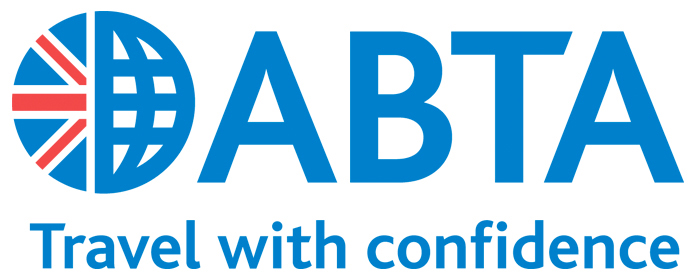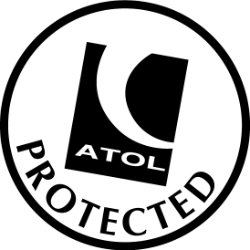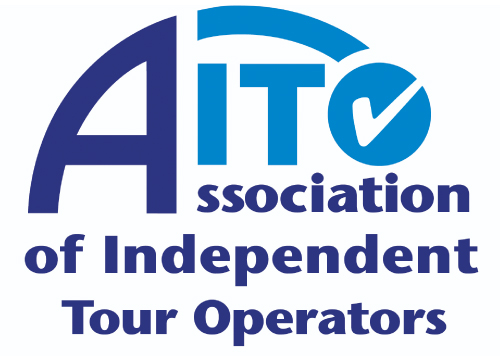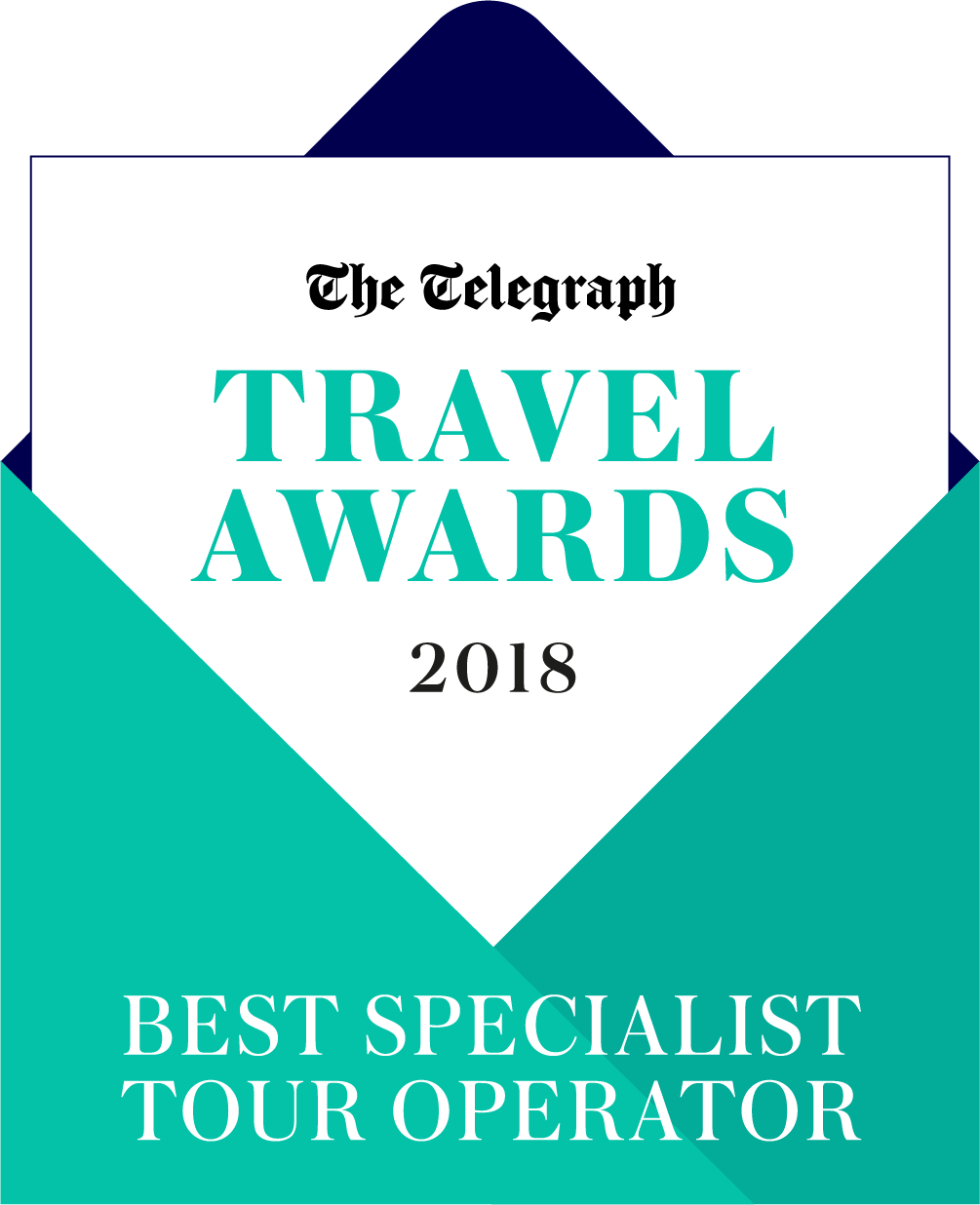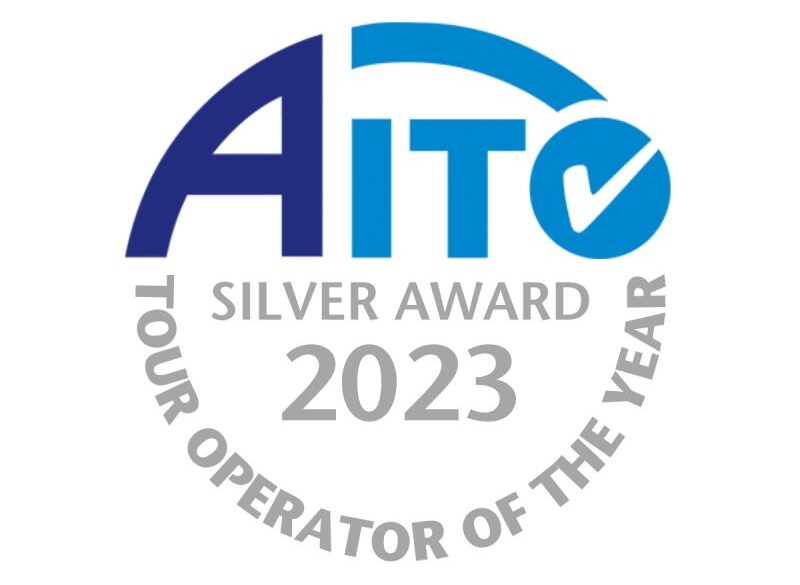We are pleased to offer you some useful tips and practical information on travelling in Thailand; everything from visas and currency to dress codes and tipping can be found below. Once you book your holiday you will get the Fleewinter guide for Thailand, with all of our top tips and favourite finds in it.
HEALTH
Ensure you visit your GP six weeks before travel for general advice on travel risks, vaccinations and malaria. Make sure you take out comprehensive travel insurance with a good accident policy and that you know your blood group. For more information visit http://www.fitfortravel.nhs.uk & www.malariahotspots.co.uk.
We also advise you to bring anti diarrhea medicines, because Thai food can give you an upset stomach and it is important not to get dehydrated.
The food in Thailand is usually safe but make sure your fruits and raw vegetables are washed and peeled.
If you drink water, make sure it is bottled water. Never drink tap water.
Ice cubes are safe in Thailand.
VISAS
Passport holders from 41 countries (including UK, US, Australia and most European citizens) are not required to obtain a visa when entering Thailand for tourism purposes and will be permitted to stay in Thailand for a period of 30 days on each visit. Two week visas are given to those entering Thailand at any of the land border crossings! Some nationalities might need a visa in advance to enter Thailand overland.
Technically, visitors entering Thailand under the Tourist Visa Exemption category must provide proof of adequate finances for the duration of stay in Thailand at the port of entry (i.e., traveller’s cheques or cash equivalent to 10,000 Baht per person and 20,000 Baht per family).
Foreigners entering Thailand by any means under the Tourist Visa Exemption category are required at the port of entry to have proof of onward travel (confirmed air, train, bus or boat tickets) to leave Thailand within 30 days of the arrival date (otherwise a tourist visa must be obtained).
TRAVEL INSURANCE
Fleewinter arranges holidays in some of the most exotic and exciting destinations in the world however not all of them have the infra-structure or facilities you might be used to at home. For this reason we believe it is vitally important that all our clients take out travel insurance for peace of mind or in case things do go wrong. It also ensures that if you have to cancel your trip unavoidably, you don’t lose everything.
Our tips are:
1. Buy from a brand you trust (a large company, your bank, etc).
2. Make sure your policy covers independent travel if you booked your flights and accommodation separately.
3. Get the insurance quickly after booking to ensure cancellation is covered.
4. Bear in mind that it is almost impossible to cover for certain situation such costs incurred due to delayed or cancelled return flights (but airlines are now liable to pay compensation in many cases).
LANGUAGE
The national and official language of Thailand is Thai (more precisely Siamese or Central Thai). Thai is the native language of the Thai people and the Thai Chinese, which is Thailand’s most dominant ethnic group. The language is a member of the Tai group of the Tai-Kadai language family. More than half of Thai words are borrowed from Old Khmer, Sanskrit and Pali. Thai is a tonal and analytic language with a complex orthography and relational markers. The language is mutually intelligible with Lao.
MONEY
Thailand’s currency is the baht. 1 sterling pound is approximately 45 baht. Bills are available in the following denominations: 20, 50, 100, 500, & 1000. It is recommended to carry cash bahts when traveling to more remote areas.
ATM Networks: Apart from most major banks throughout the country, major chains like 7-11 and all Department Stores have automated-teller machines as well. In general you can get cash with your debit card at any Bangkok Bank, Thai Farmers Bank, Siam Commercial Bank, or Bank of Ayudhya, provided your card is hooked into the MasterCard/Cirrus or Visa/PLUS network.
Banks: Most hotels will change foreign currency, but banks and moneychangers offer better rates. Official banking hours are Monday to Friday 8:30am to 3:30pm. Major cities have foreign-exchange banks and moneychangers, which are open daily until as late as 10pm for exchange.
COMMUNICATION
Telephone, Telex & Fax: Major hotels in Bangkok, Phuket, Chiang Mai, and the provincial capitals have international direct-dial (IDD), long-distance service, and in-house fax transmission. Keep in mind that all hotels charge a surcharge on local and long-distance calls.
Postal Services: The postal services in Thailand are well organized and cheap. It takes approximately a week for airmail letters to reach the USA or Europe or America. Express mail services are widely available.
Phone: For making local phone calls use a Mobile phone card, much cheaper than using your own mobile phone. Another possibility is buying a local SIM card.
Internet: Most hotels and restaurants in all tourist destinations have Wifi.
